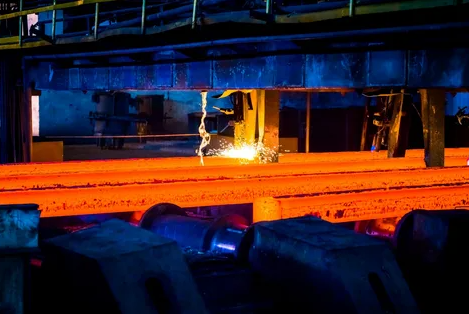The Council of the European Union has announced that it has officially adopted conclusions approving the use of tax incentives to promote a Clean Industrial Deal, the main framework aimed at harmonizing industrial decarbonization, the introduction of clean technologies and competitiveness in the EU.
The Council stressed the need to revive Europe's economic dynamism, strengthen industrial resilience and maintain the EU's position as a global manufacturing hub. The conclusions are based on the communications of the European Commission "Compass of Competitiveness" and "Clean Industrial Deal", which set out a coordinated roadmap to reduce emissions and strategic dependence on external suppliers.CISAF coordination and national flexibility
The Council welcomed the European Commission's recommendation on tax incentives and the new Framework Program for State Assistance to Clean Industry (CISAF), which sets out guidelines for member States introducing national tax measures to support clean energy, industrial decarbonization and innovation.
Tax incentives are recognized as a key EU policy tool as part of a broader combination of clean industry policies balancing competitiveness with climate goals. However, the Council confirmed that taxation remains the responsibility of the Member State. Governments are free to design incentives according to their fiscal priorities and budgetary capabilities, provided they support the goals.






